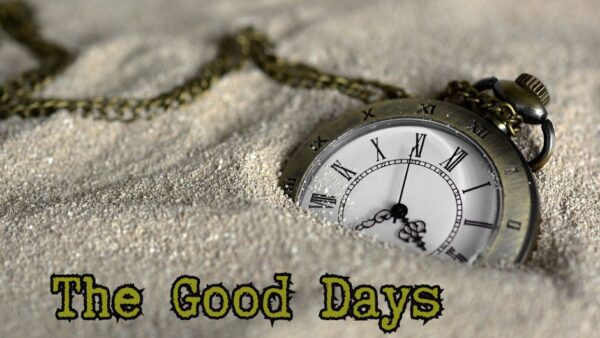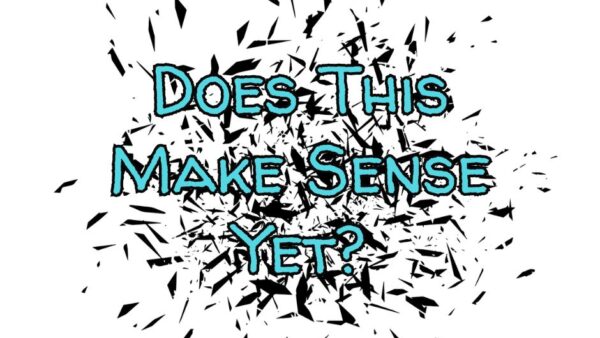
In case you have missed it, there seems to be a difference of opinion about what “experts” you should listen to.
If you have indeed missed that, where the heck have you been hiding?
According to dictionary.com, an expert is “a person who has special skill or knowledge in some particular field; specialist; authority.”
According to one old definition, an “expert” is “a person carrying a briefcase who is more than 50 miles from home.”
Another of my favorites: “ex” means “former.” “Spurt” is a “drip under pressure.”
All joking aside (or at least most joking aside), to be considered an expert means that you have specialized training, knowledge, and skills that allow you to speak into a particular area with qualified authority based on said specialized training, knowledge, and skills.
There are certain areas in which I could possibly be considered an expert. It’s a really short list and mostly limited to the practical aspects of church and ministry. That’s the context where most of my education and training have been and where I have almost 44 years of leadership experience. (That being said, I’m still pretty uncomfortable with being labeled as an expert at anything).
There are other areas where I know quite a bit. I’ve read a lot, listened to a lot of podcasts, and gone to a lot of conferences.
But I can’t speak with the authority of specialized training, knowledge, and skills. Nor am I in a position to refute those who can speak with that authority.
Here are two things I know for certain about real experts:
- They are not infallible.
- They are not wrong or right based on whether or not I agree with them.
It is my observation that most people have no problem with the first statement. There is near universal agreement that experts sometimes make mistakes.
It’s the second statement that gives us trouble.
It seems that we will give people a pass on the most ridiculous statements as long as they are “our” people.
But if they are not “our” people, we should question anything they say because they are biased and have some sort of subversive agenda.
It seems that we will give people a pass on the most ridiculous statements as long as they are “our” people.But if they are not “our” people, we should question anything they say because they are biased and have some sort of… Click To TweetAnd, truth be told, we are not even sure who “our” people are, because our definition of what is true is filtered through our own personal biases (which we always believe to be right) and our personal “rights.”
The words of Judges 17:6 ring in my ears:
“everyone did what was right in his own eyes.”
This seems like a really long (over 420 words so far) introduction to tell you that my “expert” opinion is that:
- We probably shouldn’t base our trust of experts on our own preconceived biases.
- We probably shouldn’t give advice or make pronouncements on things we really don’t know much about.
- We probably should have a whole lot more grace with each other.
- We probably should decline most invitations to argue.
Let’s keep our eyes and ears open for opportunities be a blessing (and develop the expertise to really do it well).
Be amazing today, my friend.



